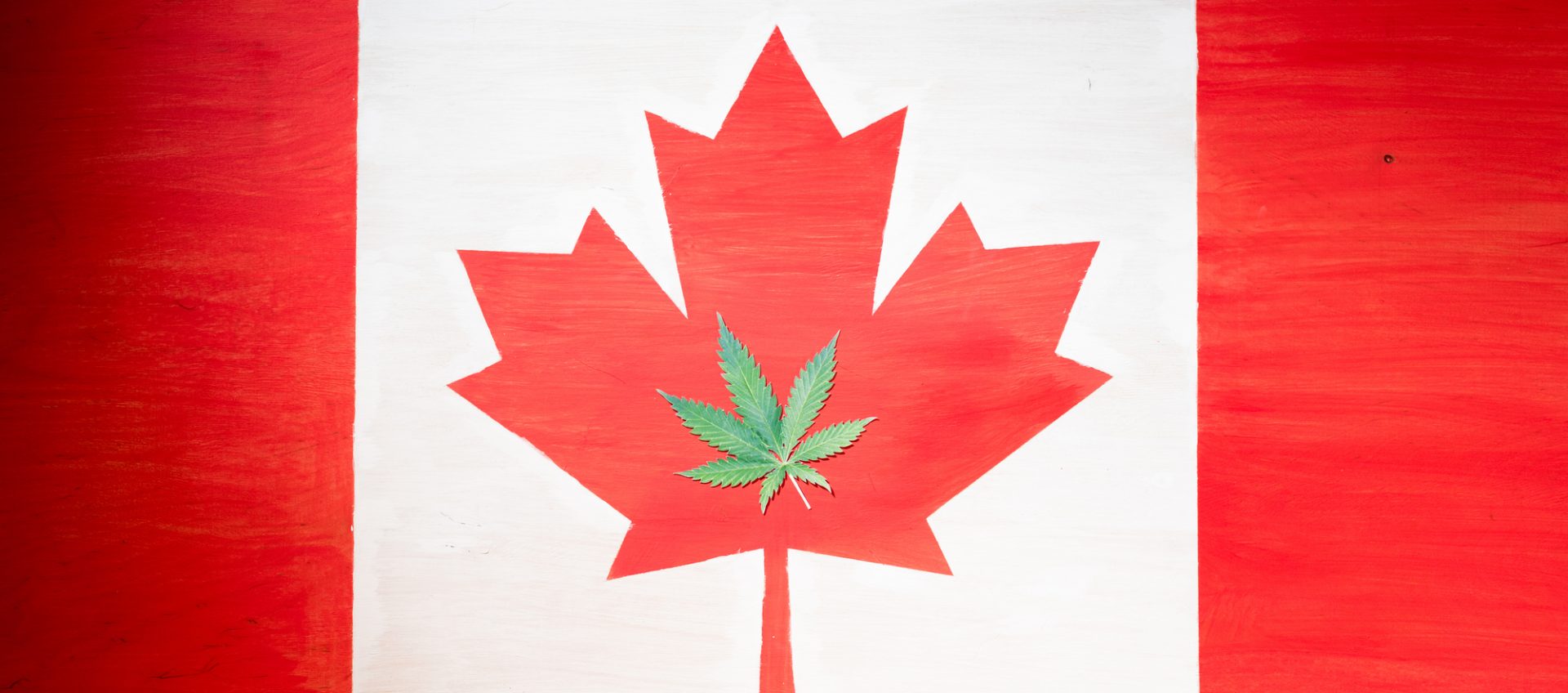I. Introduction: The Legalization of Cannabis and its Cultural
Ramifications
In 2018, Canada became the second country in the world, after Uruguay, to fully legalize recreational cannabis. This bold move has had far-reaching and cultural effects, not just in legal and economic terms. Cannabis use, previously a taboo and criminal activity, has now entered mainstream Canadian culture. As Canadians navigate this new landscape, the cultural implications of this shift are becoming more evident.
The relationship between Canada and cannabis predates the 2018 legalization. However, the change in law has undeniably shifted the dynamics, bringing about new cultural norms and practices, influencing public perception, and fostering a thriving cannabis industry Weed Delivery in Montreal.
II. Shifting Perceptions: Breaking the Stigma
The most apparent cultural change since cannabis legalization in Canada is the shift in societal attitudes toward its use. Before legalization, cannabis use was stigmatized and often associated with criminal activity. Today, cannabis use is increasingly seen as a personal choice, akin to enjoying a glass of wine or a pint of beer.
This shift in perception has allowed a broader cross-section of society to feel comfortable discussing, using, and learning about cannabis. It’s not uncommon now to see cannabis products being casually discussed at social gatherings or see them displayed openly in homes. This mainstream acceptance of cannabis use represents a significant cultural shift in Canadian society.
III. Cannabis Industry: A Blossoming Cultural Influence
Another significant cultural impact of cannabis legalization in Canada is the growth of a vibrant cannabis industry. The country has seen a boom in cannabis-related businesses, from retail dispensaries and cannabis lounges to cannabis-infused culinary experiences and cannabis tourism.
The influence of this burgeoning industry is evident in Canadian culture. Cannabis-themed events and festivals have become popular, contributing to local economies and adding to Canada’s cultural diversity. Additionally, the prevalence of cannabis in the media, advertising, and pop culture reflects its cultural significance.
IV. Impact on Indigenous Communities: Balancing Economic Opportunity and Cultural Heritage
The legalization of cannabis also intersects with Canada’s ongoing reconciliation efforts with its Indigenous peoples. Indigenous communities in Canada have been deeply involved in the cannabis industry, viewing it as an opportunity for economic development and self-determination.
However, this involvement is not without cultural implications. While some communities embrace cannabis cultivation and sales as an expression of their sovereignty, others have concerns about the potential for substance abuse and its impact on traditional cultural values. This underscores the complex cultural ramifications of cannabis legalization, which extend beyond mainstream society to touch on issues of Indigenous rights and artistic preservation.
V. Conclusion: The Ever-Evolving Cannabis Culture in Canada
The cultural impact of cannabis legalization in Canada is ongoing and multifaceted. Shifting public perceptions, the growth of a robust cannabis industry, and the nuanced effects on Indigenous communities all highlight the significant role cannabis plays in shaping Canadian culture.
As Canada continues to navigate this new cultural landscape, it’s important to remember that the impact of cannabis legalization extends beyond economics and law into the realm of cultural identity and societal norms. Whether it’s through mainstream acceptance or the blossoming of a new industry, cannabis is undeniably influencing the cultural fabric of Canada, fostering a further, distinctly Canadian cannabis culture.

